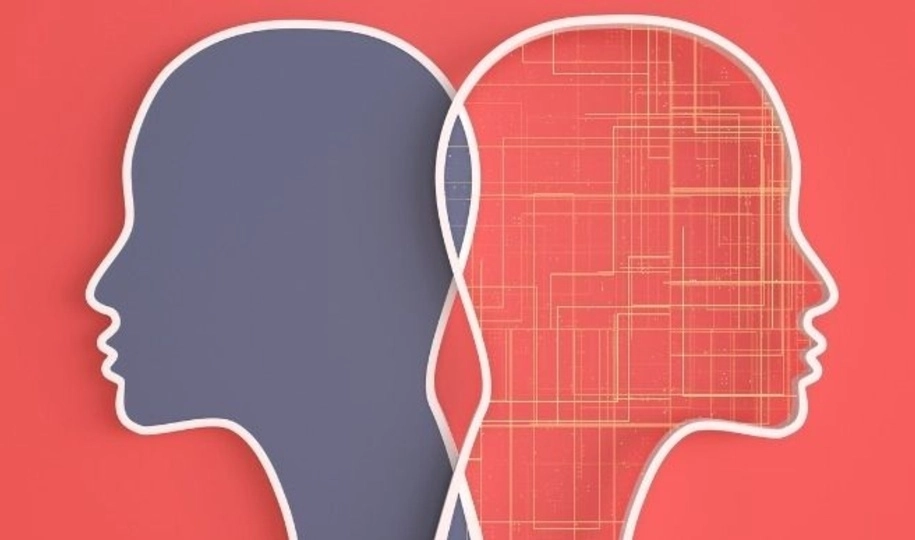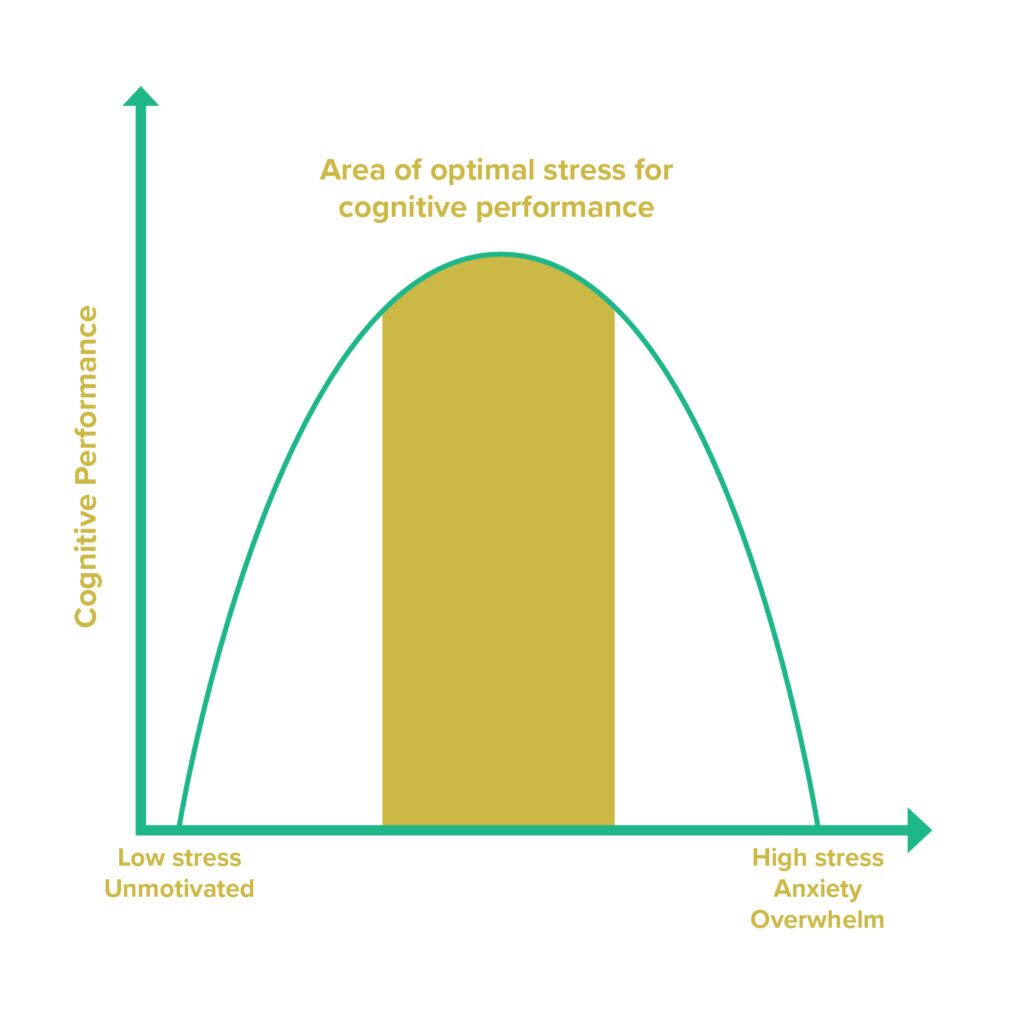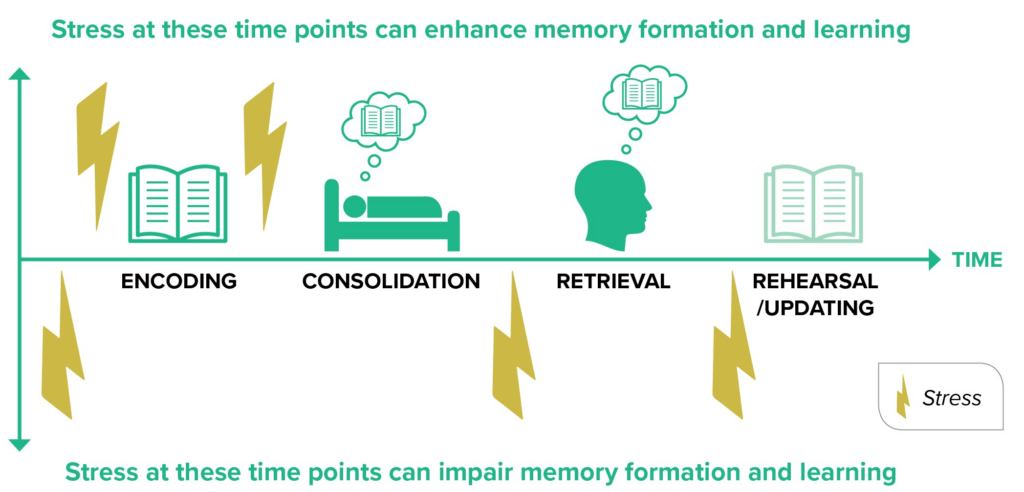 Clinical insight
Clinical insight 

Stress can affect health, but does it impact cognitive processes? This article explains how poorly timed, chronic or high levels of stress affect our ability to learn and memorise information.
Stress and anxiety have significant effects on human learning and memory processes; however, the effects are complex and vary depending on the type of stress experienced and when it occurs in relation to the memory being made or learning being done.
When the stress response is activated, the release of catecholamines prepares the body for ‘fight or flight’ responses while also affecting neural functioning in several brain regions critical for learning and memory, such as the hippocampus, amygdala and prefrontal cortex (PFC).1
Cortisol released from the adrenal cortex readily enters the brain. There it binds to the mineralocorticoid receptors found primarily in brain regions related to memory and emotion, such as the hippocampus, amygdala and PFC. This binding happens rapidly and enhances neural excitability. Cortisol also binds to the glucocorticoid receptors found throughout the brain, which results in a slower reaction with longer-lasting changes.1
An hour after exposure to a stressor, catecholamine levels decrease but cortisol levels remain elevated. This is when neurocognitive processes associated with sensory perception and environmental scanning dies down, while working memory and the ability to perform cognitive tasks recovers.2
Learn more about supporting cognitive health in times of stress by watching our latest on-demand health professional webinar. Watch now >
Studies on stress and its effect on memory and learning have produced mixed results – believed to be due to multiple factors, including the timing, strength and type of stressor.3

Studies on mild acute stress and memory have produced mixed results. While there are reports of memory impairment, many studies report that mild acute stress can improve cognitive functions, particularly working memory.2,3
The enhancement of memory consolidation seen during periods of stress is believed to be due to adrenaline and cortisol enhancing long-term potentiation in the hippocampus and amygdala.3
However, during severe acute stress, the brain gives priority to cognitive functions that increase sensory hypervigilance, environmental scanning, and behavioural responses to enable survival, while higher cognitive functions, such as working memory, problem solving, and cognitive flexibility are negatively affected.2
While mild stress may improve some cognitive functions, exposure to prolonged, or chronic stress can impair cognitive functions. Individuals experiencing chronic stress frequently report difficulties with concentration, memory and decision making.2
In general, chronic stress worsens the performance of working memory. It has been proposed that chronic stress impairs memory processes that involve the hippocampus and PFC, and those that require complex and flexible reasoning. Chronic stress has also been seen to lead to structural changes in the medial PFC.2,5

Diagram adapted from: Vogel L, Schwabe L. Learning and memory under stress: implications for the classroom. NPJ Sci Learn. 2016;1:16011.
In addition to the effects on memory, stress changes the way the brain learns. During periods of stress the brain reverts to more efficient processing, favouring rigid ‘habitual’ memory processes that involve learning automatic responses, rather than allowing more flexible cognitive processes.6
While stress around the time of learning can enhance memory consolidation, stress before learning, or when in a distinctly different context, can prevent encoding and learning of new information. This can impair the formation of new memories.1
When learning something new the brain is not only required to recall known material but to integrate new information into existing knowledge structures – a process known as reconsolidation. There is evidence that stress impairs the reconsolidation process, affecting the ability to update existing memories and knowledge.1
Concerns around the effects of stress on memory and learning are not only relevant for those involved in educational settings. Work-related stress is a growing health problem in modern society and one of the major sources of chronic exposure to stress during adulthood.7,8
Work-related stress has been associated with lower performance on several measures of memory and learning tests in middle-aged adults, including delayed recall, verbal fluency, and executive function tests.8
Anxiety is a state of increased vigilance associated with an increase in sensory sensitivity and limited control over worrying thoughts. Like stress, anxiety will affect memory processes and have impacts on learning.
Anxiety has been found to disrupt cognitive performance, including working memory, and in a bidirectional relationship cognitive impairment also can lead to increased anxiety.4
Increased anxiety levels have been associated with lower verbal and visuospatial working memory performance, as well as worse performance on measures of processing speed, attention, and nonverbal memory.4,9
Overall, research shows stress and anxiety in low levels, at the right stage of learning and memory formation can be helpful. However, severe acute and chronic stress, and inappropriately timed stress, can have immediate and long-term effects on cognitive performance and abilities.

Want to learn more about ways to support cognitive health in stressful times? Register for our on-demand health professional webinar led by Prof. Con Stough, a leading expert in cognitive health and ageing.